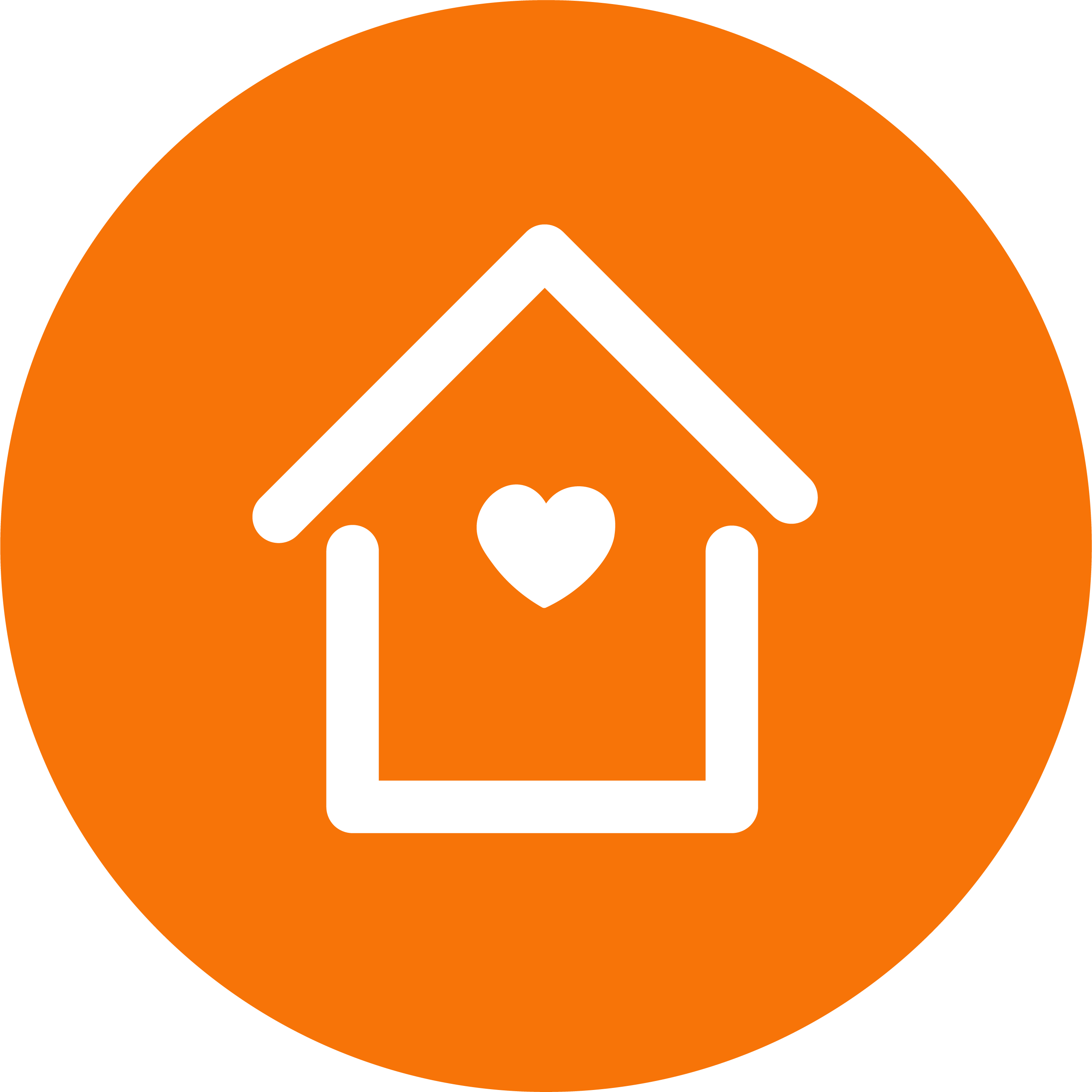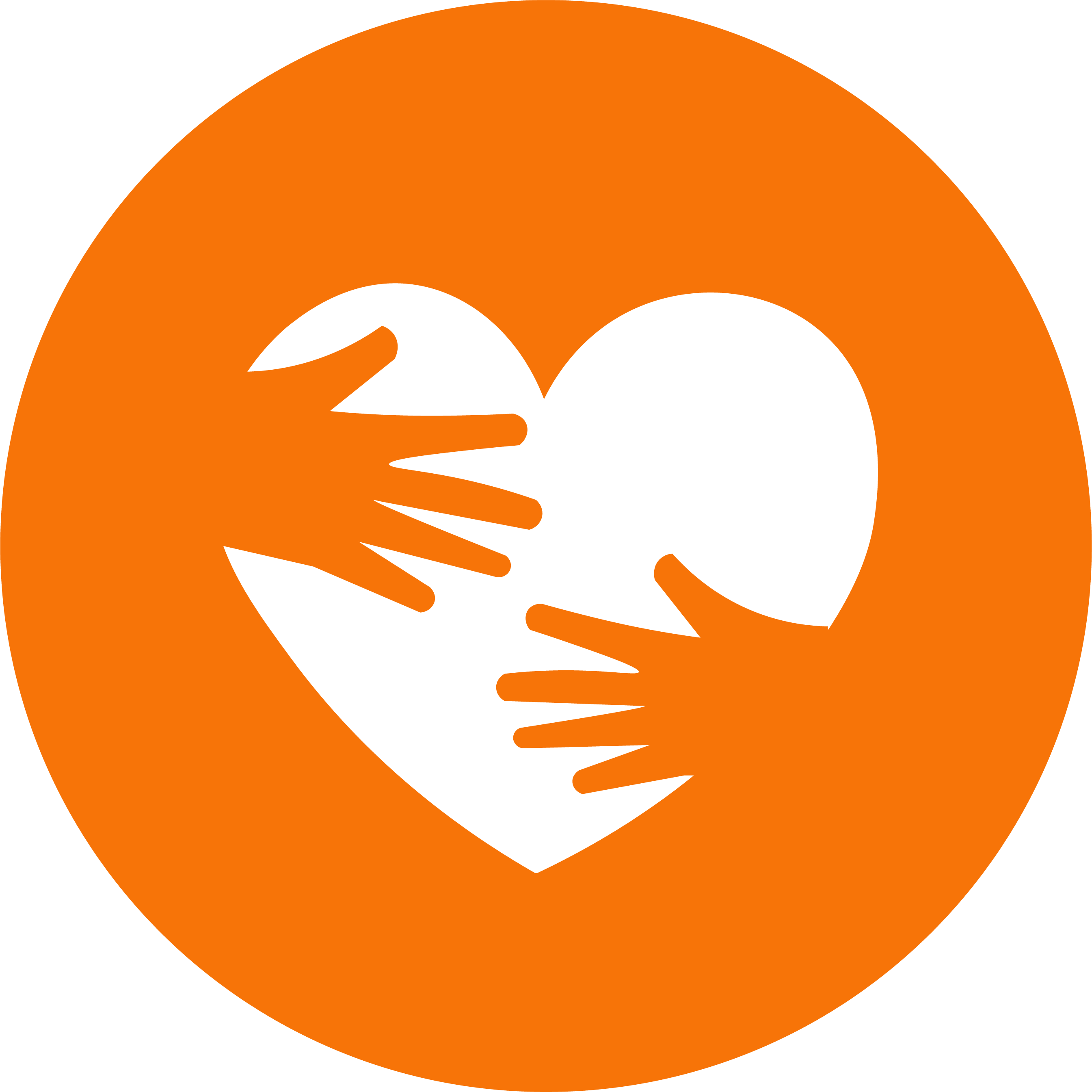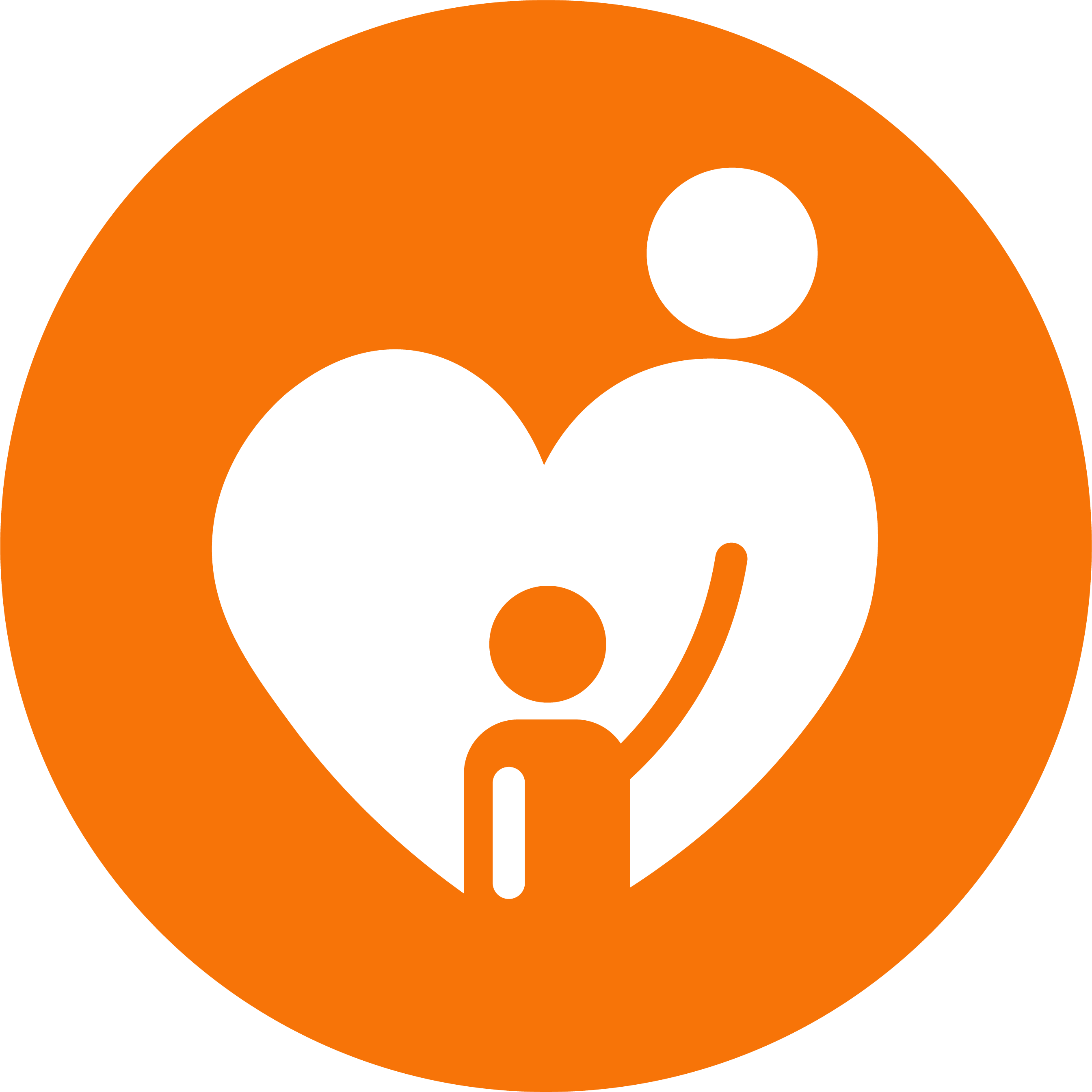Contact GLIDE
GLIDE has developed an initial set of goals in each issue area that together will dismantle barriers to self-sufficiency and create a more equitable and just society. The Center will deploy this model against four policy issues that drive systemic inequities and widespread suffering in the communities we serve.
Homelessness and Housing | Community Health | Racial Justice and Reconciliation | Families of Color

Homelessness and Housing
69% of GLIDE’s clients are homeless or marginally housed and chronic homelessness in San Francisco. This increased 86% from 2015 to 2019. GLIDE’s hands-on support to increase our client’s housing readiness can only go so far without broader housing reform. Advocate to expand the availability of affordable housing that meets the needs and incomes of GLIDE’s clients and other unhoused individuals Shape systems that prevent and shorten periods of homelessness Reduce racial housing disparities through programs and policies that combat discrimination. This alleviate the suffering of those experiencing homelessness through programs and policies centered around the needs of unhoused individuals.

Community Health
58% of GLIDE’s clients have a mental health condition, 56% have a substance abuse problem and 44% have a chronic health condition. But many of GLIDE’s clients, particularly those that are unhoused, are unable to receive adequate treatment.
Improve the accessibility, affordability and quality of medical care for unhoused individuals Improve the accessibility, affordability and quality of mental health care for unhoused individuals Decriminalize drug use and reallocate funding towards treatment and harm reduction services Expand food security and nutrition programs serving unhoused individuals

Racial Justice and Reconciliation
Nearly 75% of GLIDE’s clients are people of color and 34% are African American. This is no accident, as structural racism across many of the systems that cause and perpetuate homelessness result in African Americans making up ~37% of the City’s homeless, but only 6% of its total population. End systemic racism by changing systems, policies and practices to create a more just and equitable world Truth Justice and Reconciliation: Lead TJ&R process to examine and confront racial injustice and identify some form of healing or redress (potentially including reparations) Restorative Criminal Justice: Eliminate racial disparities in policing, police violence, sentencing and incarceration rates; Increase funding going towards the 8 life domains.

Families of Color
Poverty disproportionately impacts women and families of color – nearly half of families experiencing poverty in San Francisco are headed by women of color. Child poverty has lasting effects on health, income, and wellbeing, but promoting family economic independence can break these intergenerational cycles of poverty. Expand pathways to economic independence for women and families Enact policies that promote family safety and resilience Enact programs and policies that support children’s health, wellbeing and development.
